Imagine it’s 1996. The internet is a chaotic web of disorganized pages, and finding the right information feels like searching for a needle in a haystack. Larry Page, a Ph.D. student at Stanford, was lying awake one night, staring at the ceiling of his dorm room. His mind buzzed with a wild thought: What if we could organize the web, not just list it? This wasn’t just idle curiosity. Larry's thought sparked an idea that, together with his friend Sergey Brin, would change how humanity interacts with knowledge.
Introduction: A Search for Answers

Fast forward to today: billions of people ask Google questions daily—from “What’s the weather?” to “How do I fix my life?” Google isn’t just a tool; it’s our trusted guide. But how did two students go from tinkering with algorithms to creating one of the world’s most influential companies? This is their story—and ours too.
Historical or Conceptual Background: Born in a Dorm Room
In 1995, two curious minds met at Stanford University. Larry Page, a computer science graduate visiting the campus, and Sergey Brin, a student assigned to show him around, didn’t hit it off immediately. In fact, they argued about nearly everything during their first meeting. But it was this spirited exchange of ideas that laid the foundation for what would become one of the most influential companies in history.
Larry and Sergey shared a common fascination: how to organize the vast and chaotic information available on the internet. At the time, search engines were basic and often ineffective. Larry began working on a research project called “BackRub”, which analyzed the “backlinks” between websites to determine their importance and relevance. Sergey soon joined him, bringing his mathematical expertise to refine the algorithms.
By 1996, they had created a prototype search engine. Unlike existing engines that ranked pages based on keyword frequency, their tool ranked results based on the number and quality of links pointing to a page. This approach was revolutionary, as it prioritized relevance over mere frequency.
They named their search engine Google, a play on the mathematical term “googol,” representing the number 1 followed by 100 zeros. The name reflected their mission: to organize an infinite amount of information.
From Dorm Room to Garage
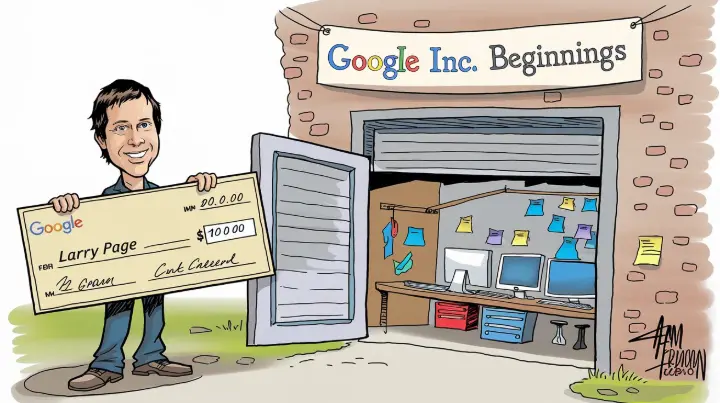
Initially, Google operated out of their Stanford dorm rooms. The duo built their servers using cheap hardware, even repurposing LEGO bricks to create a storage solution. As Google’s popularity grew, they realized they needed more space—and funding.
In 1998, they received a $100,000 investment from Andy Bechtolsheim, co-founder of Sun Microsystems. With this seed money, Larry and Sergey officially incorporated Google and set up their first office in a garage in Menlo Park, California.
Key Features, Events, or Dynamics: From a Search Box to a Digital Empire
Google offers countless products that have transformed our lives. While there are many, here are a few that stand out and have made a significant impact.
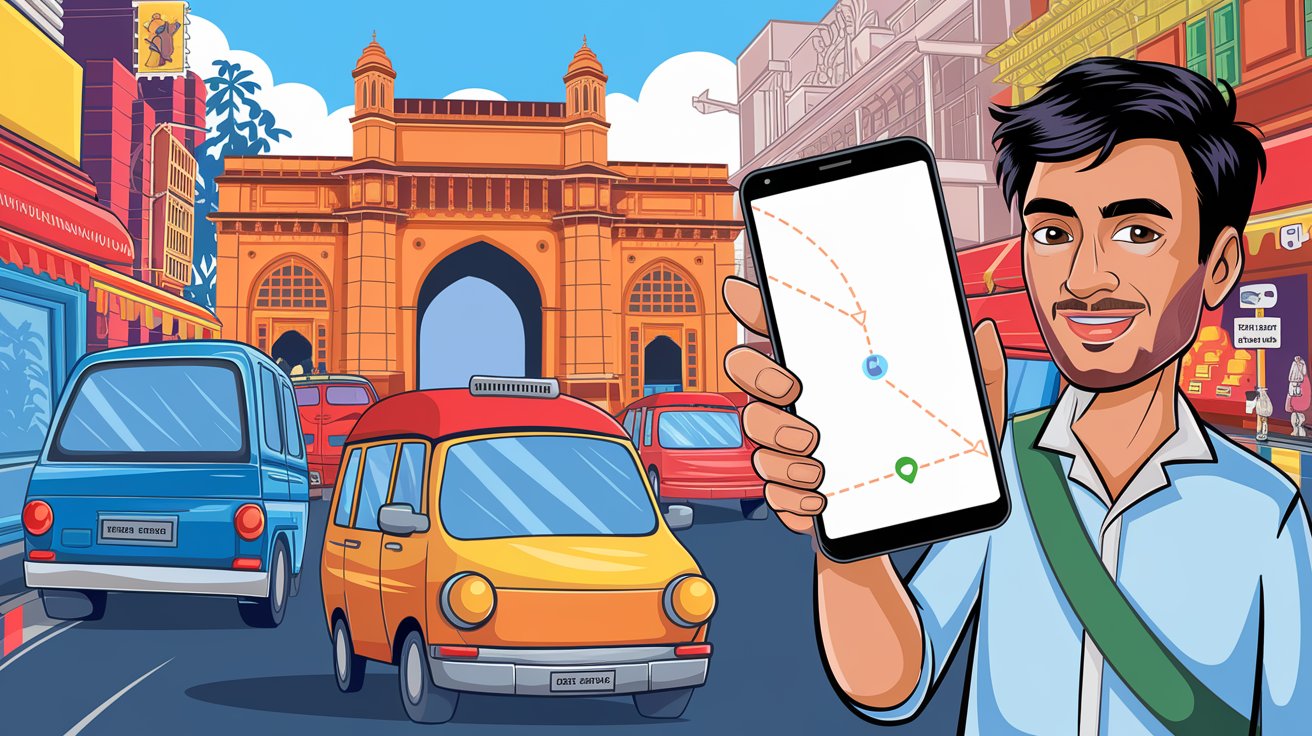 Google Maps: Remember the days of fumbling with printed maps? When Google introduced turn-by-turn directions, it was a revelation. One traveler joked, “Google Maps has saved more marriages than therapy ever could.”
Google Maps: Remember the days of fumbling with printed maps? When Google introduced turn-by-turn directions, it was a revelation. One traveler joked, “Google Maps has saved more marriages than therapy ever could.”
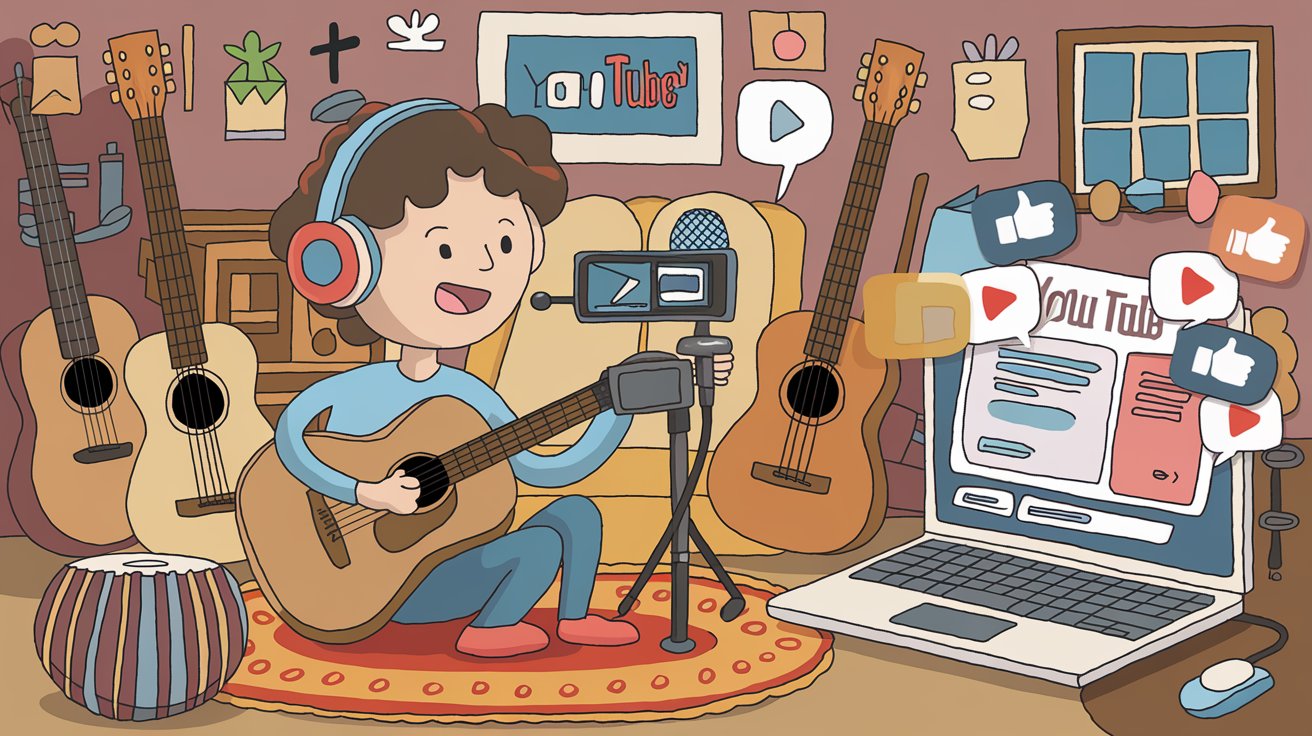 YouTube: When a frustrated guy couldn’t find footage of Janet Jackson’s Super Bowl mishap, he and his friends had an idea: a video-sharing platform. Google saw its potential and acquired YouTube in 2006, turning it into the go-to place for cat videos, tutorials, and everything in between.
YouTube: When a frustrated guy couldn’t find footage of Janet Jackson’s Super Bowl mishap, he and his friends had an idea: a video-sharing platform. Google saw its potential and acquired YouTube in 2006, turning it into the go-to place for cat videos, tutorials, and everything in between.
 Android: In 2008, Google launched Android, making smartphones affordable and accessible. Farmer in rural India used an Android phone to check crop prices, revolutionizing his business.
Android: In 2008, Google launched Android, making smartphones affordable and accessible. Farmer in rural India used an Android phone to check crop prices, revolutionizing his business.
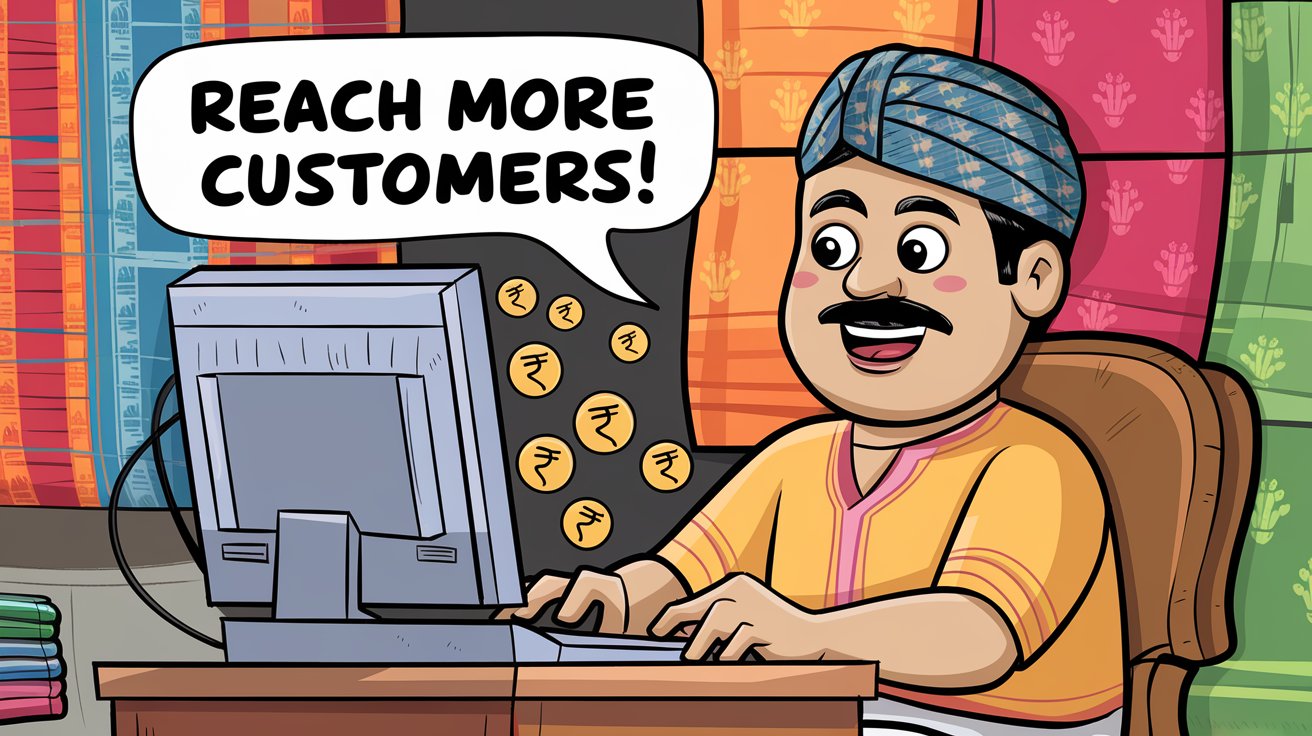 Google Ads: A small furniture store owner named Hari found himself wondering, “How can I grow my business online?” he stumbled upon a new feature called AdWords on Google. It allowed businesses like hers to display ads tailored to what people were searching for. Within weeks, his furniture was bustling with customers who found her through Google. Hari’s story is just one of millions shaped by Google’s innovations. Beyond search, Google introduced tools that quietly became part of our daily lives:
Google Ads: A small furniture store owner named Hari found himself wondering, “How can I grow my business online?” he stumbled upon a new feature called AdWords on Google. It allowed businesses like hers to display ads tailored to what people were searching for. Within weeks, his furniture was bustling with customers who found her through Google. Hari’s story is just one of millions shaped by Google’s innovations. Beyond search, Google introduced tools that quietly became part of our daily lives:
Each innovation wasn’t just about technology—it was about connecting people to possibilities they hadn’t even imagined.
The Birth of Bard and Gemini: Google’s AI Revolution

In early 2023, Google introduced Bard, its answer to conversational AI. Bard, powered by Google’s LaMDA (Language Model for Dialogue Applications), aimed to bring more natural and human-like interactions to users. Unlike simple chatbots, Bard was designed to inspire, inform, and assist with everything from brainstorming ideas to solving complex problems. It wasn’t just an AI—it was a storyteller, a helper, and a partner in creativity.
Fast forward to late 2023, Google unveiled its Gemini AI project—a groundbreaking leap forward. Gemini combined the conversational abilities of Bard with advanced multimodal capabilities. This meant it could handle not just text but also images, charts, and even diagrams, making it a versatile tool for innovation.
The launch of Gemini marked a shift in AI storytelling. For the first time, users could ask a question, generate stunning visuals, and craft entire narratives in a seamless experience. It wasn’t just about asking, “Tell me a story about dragons,” but also about seeing the dragon, imagining its world, and visualizing every detail through AI-generated images.
Real-World Innovations in Storytelling
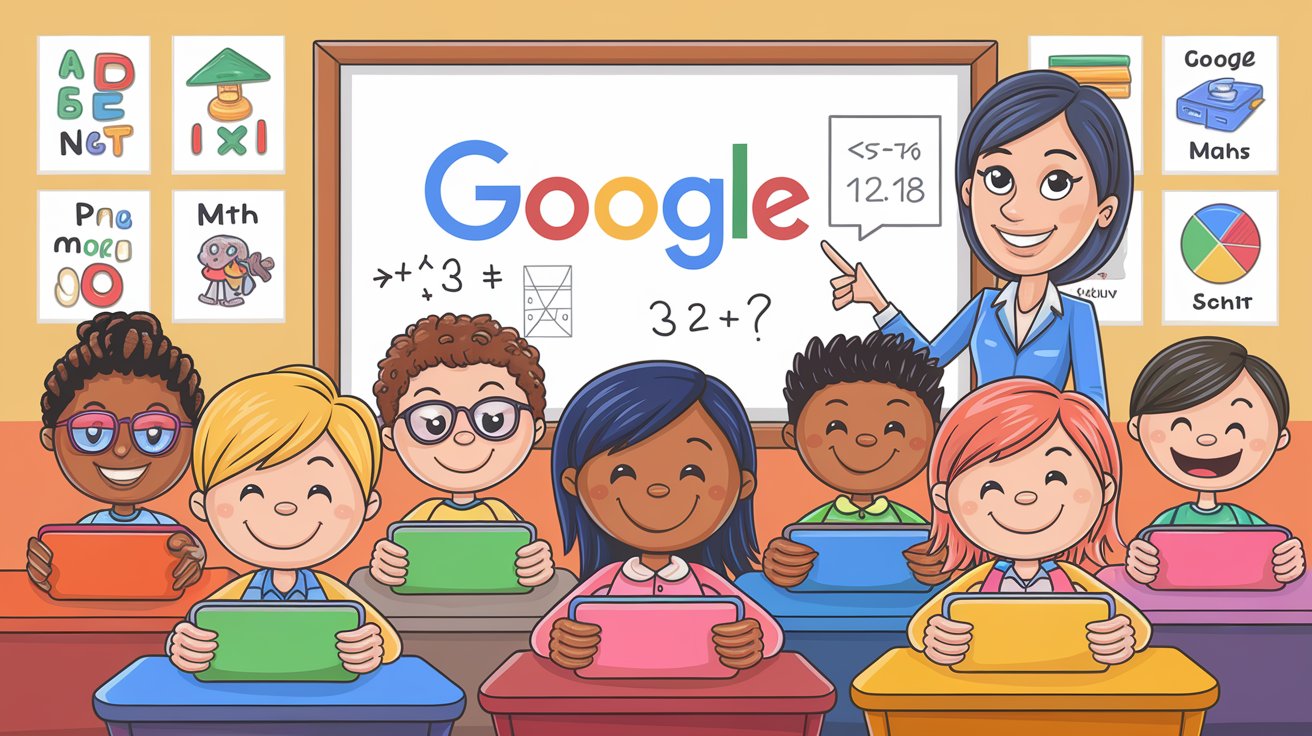
- Personalized Stories for Kids: Parents could use Bard to create bedtime tales featuring their child as the hero. With Gemini’s image-generation capabilities, the stories came to life in vivid illustrations.
- Creative Content for Businesses: Small businesses turned to Bard and Gemini to craft compelling marketing campaigns, complete with custom logos and promotional visuals tailored to their needs.
- Educational Tools: Teachers began using these tools to create engaging lesson plans. From interactive historical recreations to science fiction scenarios, students could explore topics visually and narratively.
- Art and Entertainment: Artists and filmmakers collaborated with Bard and Gemini to brainstorm scripts, storyboard scenes, and even generate concept art for their projects.
By integrating advanced AI into storytelling, Google transformed how people approached creativity. Bard brought the words; Gemini brought the visuals. Together, they helped users not only imagine but also see and share their ideas like never before.
From bedtime stories to business pitches, Google’s AI ecosystem had turned the art of storytelling into a collaborative experience, empowering anyone to become a creator. And with Gemini’s ongoing updates, the future of innovation looked brighter—and more colorful—than ever.
Stakeholders or Participants: The Faces Behind the Curtain
Behind Google’s success lies a tapestry of colorful characters and their stories.
- Larry and Sergey: The visionaries who started it all. Legend has it they almost sold Google for $1 million in its early days, but the buyer declined. Today, Google is worth over a trillion dollars.
- Eric Schmidt: When Google started growing, it was like a wild horse—brilliant but untamed. Schmidt joined as CEO in 2001, bringing the discipline and strategy that helped turn Google into a global powerhouse.
- Sundar Pichai: Pichai joined Google in 2004 and has been with the company through many of its most significant innovations, including Google Chrome, Android, and Google Drive. He became CEO of Google’s parent company, Alphabet, in 2015.
- The Googlers: The company’s quirky culture attracted some of the brightest minds. Employees famously work on side projects like Gmail, which was born from a passion project during Google's "20% time" initiative.
Google’s story isn’t just about its founders—it’s about the millions who believed in the vision and contributed to its evolution.
Controversies and Allegations: The Price of Power
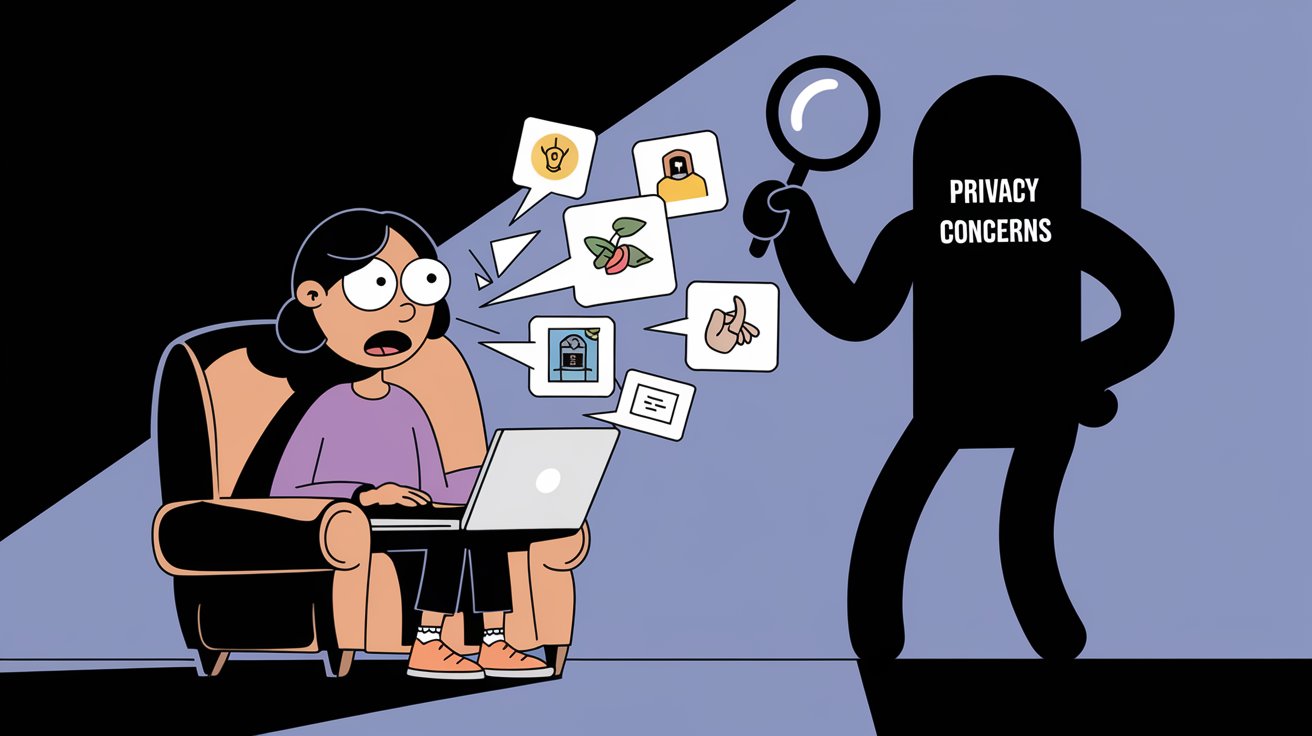
But with great power comes great responsibility—and scrutiny. Imagine this: You’re in your living room talking about booking a vacation, and moments later, you see ads for flights. Creepy, right? Google has faced backlash for collecting user data, sparking debates about privacy.
Then there’s the small bookstore owner who couldn’t compete with the dominance of Google ads. Critics argue Google’s monopoly over search and advertising leaves little room for smaller players. In Europe, Google faced a $5 billion fine for using Android to squash competition. These controversies are a reminder that even giants can stumble.
Yet, amidst the criticisms, Google remains tool billions rely on daily, navigating a fine line between innovation and responsibility.
Changes or Consequences: Shaping the World, One Search at a Time
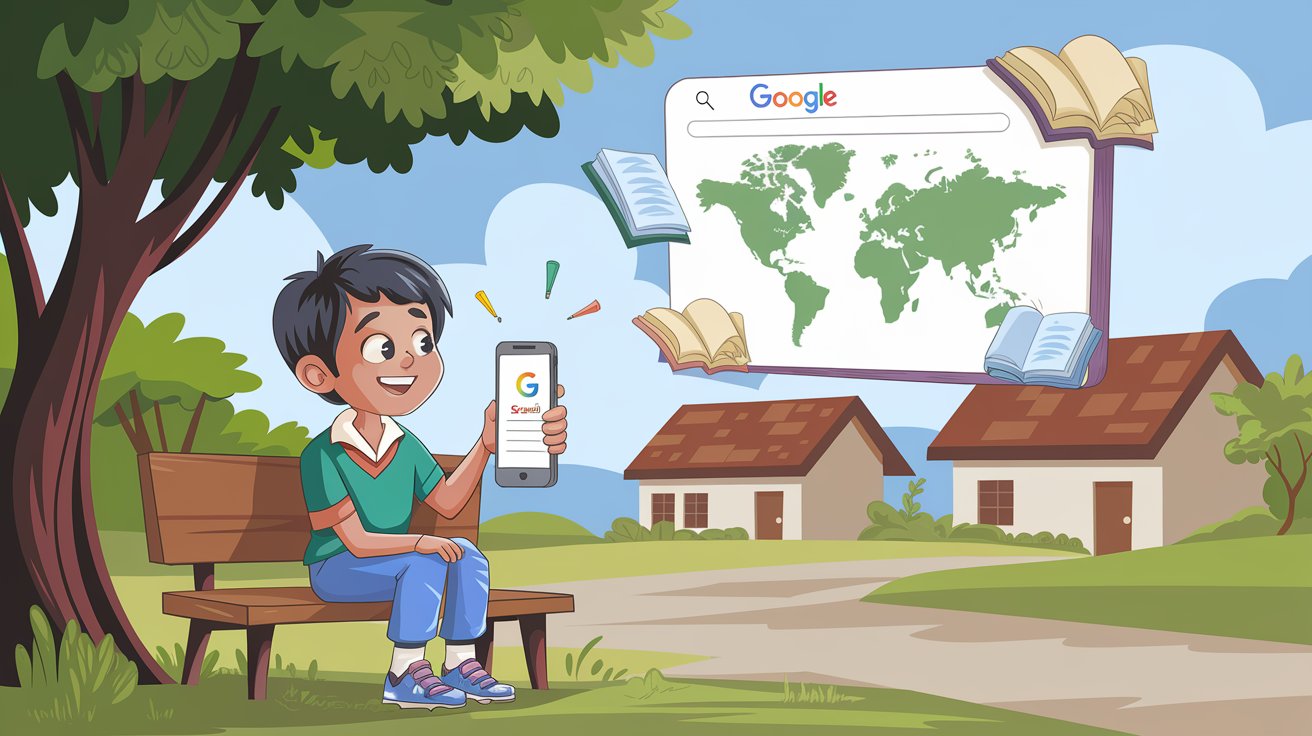
Think about it: A decade ago, finding directions, translating languages, or accessing free knowledge seemed futuristic. Today, it’s as simple as saying, “Hey Google.”
For students in remote villages, Google has opened doors to a universe of knowledge. For doctors, it’s helped diagnose rare diseases through shared research. But it’s also changed us. We no longer remember phone numbers or argue about trivia—because Google is always there.
Yet, this convenience comes at a cost. Are we too dependent? What happens when the gatekeeper of knowledge grows so powerful it shapes reality?
Lessons, Reflections, or Implications: What Google Teaches Us
The story of Google is a masterclass in dreaming big. Larry and Sergey didn’t just build a company—they built a legacy. Their journey reminds us of the power of curiosity and the importance of persistence.
But it also comes with warnings. In a world increasingly influenced by algorithms, how do we ensure fairness? As Google shapes the future, we, too, must ask tough questions about ethics, privacy, and accountability.
Conclusion: What’s Next?
As you read this blog, somewhere in Google’s vast servers, algorithms are working tirelessly to refine your search results, predict your next query, or suggest what you should read next. The company that started in a dorm room now powers our digital lives.
But the most exciting chapters are yet to come. Whether it’s AI, quantum computing, or even new ways to think, Google will continue shaping the world.